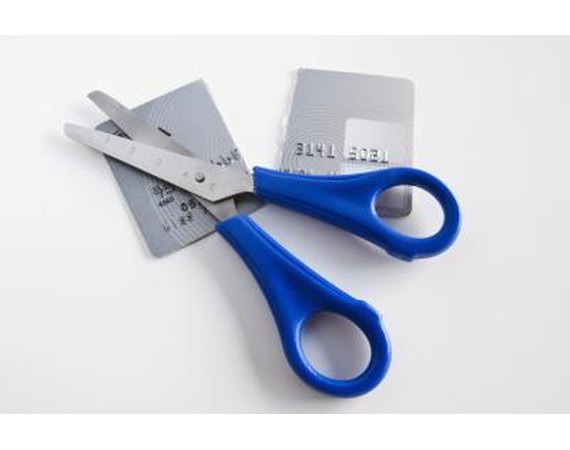
A wealth of advice is available about obtaining excellent credit. No fancy new tricks or schemes will conjure up an excellent credit score. The old tried and true methods that have been rehashed over the years really do work for those who take heed and apply them.
Know Your Credit Report
Know your current score. It is difficult to change a situation in which you do not have the details. Likewise, you must know what is contained in your credit file to correct any errors and continue the right path. Pull your credit file and credit score at least once a year. Consumers can manage their credit report with free access once per year at annualcreditreport.com. To retrieve your credit score, contact the credit bureaus directly or use a secure independent service.
Analyze Your Report
Review your credit accounts to make sure the information is accurate. Check the report against financial records for your mortgage, car loan, credit cards and other outstanding credit accounts. If any discrepancies arise, dispute them by contacting the three credit bureaus: Experian, Equifax and Transunion. Once the dispute is received, the bureau has 30 days to investigate the contested information. Once it has completed its investigation, the results will be reported to you.
Communicate With Your Creditors
Don't avoid creditors for accounts on which you have not paid as agreed. Contact these creditors and explain your circumstances. Often, creditors are willing to work with you during difficult times if you keep the lines of communication open. A creditor who is contacted on a regular basis might not report a delinquent account to the credit bureau. A delinquent account does not affect your credit score until it is reported to a credit bureau.
Making a good-faith payment to a creditor lets them know your debts are important to you. For instance, making a $25 payment on an agreed-upon payment of $100 shows a creditor you are making an effort and are serious about your financial commitments. Call if you send a payment smaller than your agreed payment, and explain your circumstances. Have them note your account and tell them when they can expect the remaining amount.
Manage Debt Wisely
Lenders look for a good, lengthy history of credit. Keep your credit card accounts open for as long as possible. Don't open new accounts with low introductory rates just to transfer balances and then close older accounts. This can hurt your credit. Opening numerous new credit cards, even if you don't plan to use them, can negatively affect your credit. Lenders frown upon having too many floating credit accounts open, as they can lead to a high ratio of debt if the available credit is consumed.







0 comments:
Post a Comment